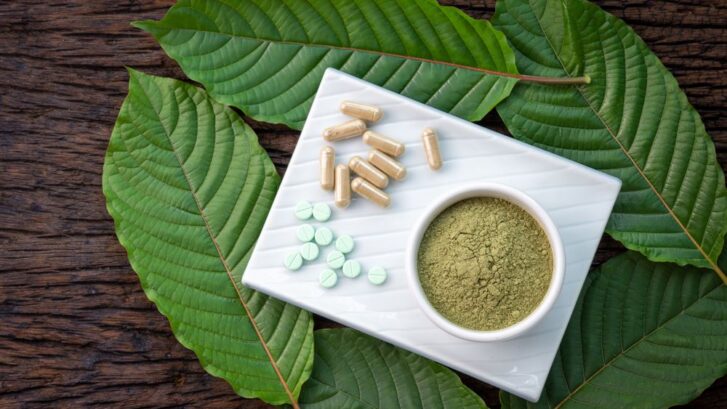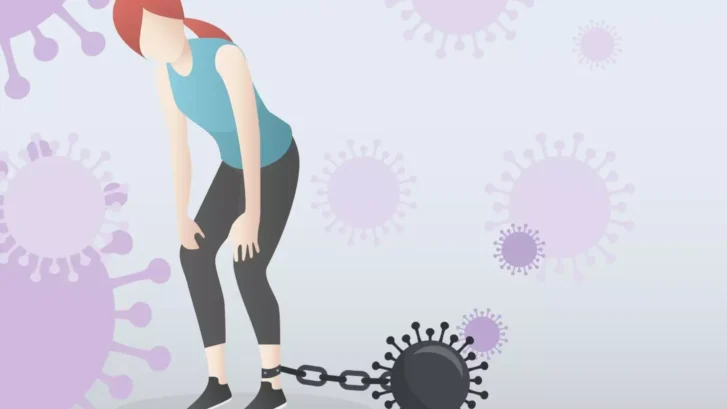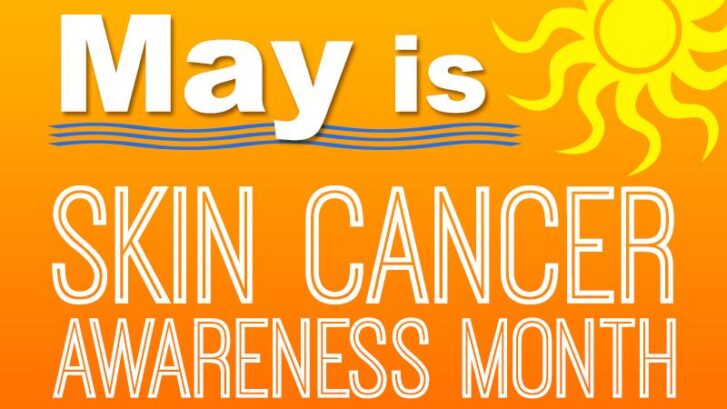Our concierge primary care doctors in Jupiter know that many of our patients are interested in over-the-counter (OTC) alternative treatments for their ailments.
One of the more popular of these is kratom, an herb that has been used for centuries in Asian countries as a way to reduce fatigue and ease various aches and pains. In this country, it is sold in drinks or as supplements and is said to treat such common conditions as anxiety, depression, and opioid withdrawal.
One report estimated that as many as 16 million Americans also use kratom for pain relief in such chronic diseases as lupus, multiple sclerosis, fibromyalgia, rheumatoid arthritis, and other similar conditions.
Testimonials from users include such claims as, “Kratom gave me my life back after being addicted to pain pills;” “It has helped me enormously with chronic back pain;” and, “It got me off a 20-plus-year addiction to narcotics and opioids.”
On the other side are statements like these from a former user who told The Washington Post that “kratom was fun—it was like having morphine and cocaine at the same time”—until he got addicted. Withdrawal, he reported, was like “getting ripped apart by fishhooks.”
Agencies fighting it
Various agencies including the U.S. Food and Drug Administration (FDA), the World Health Organization (WHO), and even the U.S. Drug Enforcement Agency (DEA) have spent the last several years trying to ban it. Six states have already done so, with several others considering it. It is still legal in Florida, but may be banned or controlled in some localities here.
In April, the FDA released a statement warning consumers not to use the herb, Mitragyna speciosa, commonly known as kratom:
“FDA is concerned that kratom, which affects the same opioid brain receptors as morphine, appears to have properties that expose users to the risks of addiction, abuse, and dependence.”
FDA
Opponents have been buoyed in their arguments by several studies linking kratom to serious side effects.
One such study in 2019 reported that the number of phone calls to U.S. poison control centers regarding adverse effects from kratom have soared, from 13 calls in 2011 to 682 in 2017. Reported effects of kratom overdose included rapid heartbeat, agitation, high blood pressure, seizures, coma, kidney failure, and 11 deaths during the study period. Two of those deaths were attributed to kratom alone, while the other nine occurred in people who combined kratom with other drugs.
Another study on kratom use disorder (KUD) by the National Institute on Drug Abuse (NIDA), published in the Journal of Addiction Medicine in March, found that over half of 129 past and current kratom users showed no signs of addiction. But 29.5 percent met the diagnostic criteria for KUD, which includes increased use, tolerance, withdrawal, unsuccessful attempts to quit, and cravings.
Counter-arguments
Proponents attribute these adverse reports to a profit motive on the part of drug companies, overly restrictive U.S. drug policies, and poor research. They say it has been used successfully for thousands of years in Southeast Asia without a problem.
Advocates also maintain that, in these times of widespread and deadly opioid addiction, kratom is an acceptable alternative and that its dangers have been wildly overblown.
In a recent editorial published in the Scientific American, Maia Szalavitz, an author and journalist who focuses on science, public policy, and addiction treatment, writes that kratom “does appear to be far safer than all illegal and most prescription opioids.” She referred to a Centers for Disease Control and Prevention (CDC) study in 2016 and 2017 of some 27,000 kratom-related overdoses. Of those, kratom was implicated in less than one percent of overdose deaths.
“Moreover, in nearly all overdose deaths associated with kratom, it was accompanied by stronger drugs that kill more often, so it is not clear that it actually played a major role or even any at all,” she wrote.
“For example, around two-thirds of the 152 deaths the CDC studied also involved illicit fentanyl and its analogues, which are thousands of times more potent. In only seven cases was kratom the only only substance identified—and even here, researchers cannot rule out the possibility of undetected drugs,” she added.
Caution warranted
Nevertheless, most medical experts warn that kratom use can have adverse consequences. According to the Cleveland Clinic, “kratom’s potential for serious side effects outweigh its potential benefits.”
It lists the following most common side effects of kratom:
- aggression
- altered mental status
- anxiety and irritability
- constipation
- delusion and hallucination
- drowsiness and sedation
- dry mouth
- frequent urination
- itching
- nausea and vomiting
- tongue numbness
More serious side effects can include:
- cardiac issues, such as heart attack, abnormal heart rhythms, and high blood pressure
- encephalopathy (brain disease)
- hypothyroidism (underactive thyroid)
- insomnia
- liver damage and liver failure
- loss of appetite
- psychosis
- respiratory depression (difficulty breathing)
- seizure
- tremor
- weight loss
In addition, people going through kratom withdrawal may experience:
- muscle spasms
- pain
- rhabdomyolysis (a condition leading to kidney damage when muscles disintegrate and release a protein into the blood)
- rigidity
- seizures
- tremors
Think twice about kratom
While proponents hope more research will eventually vindicate kratom as a useful supplement, the medical community generally holds that its side effects more than outweigh any potential benefits. It can be especially dangerous when combined with other legal and illegal drugs.
While it’s up to you, we would suggest that our patients not take the risk of using this substance. If you’re thinking of using kratom for any reason, please discuss it with us first. We may be able to help you find other safer treatment options.










